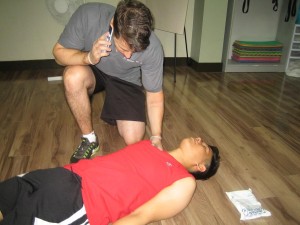Overview

The types of seizures that many people tend to suffer through are not always life-threatening. In fact, these are situations that can be easily managed. Most times, the individual who suffers these seizures are often people who deal with issues such as epilepsy as well as other medical conditions that are known to cause these situations to take place. The only time that any real consideration should be shown are if the following factors apply:
*A head injury follows a seizure
*An individual is pregnant
*An individual has diabetes
If a child has a high fever, this is another incident that can cause a seizure to happen. This is what is most commonly referred to as a febrile seizure, and these are treated differently than seizures that occur in adults.
How a Seizure Should be Treated
Here are some useful tips to make note of in regards to how a seizure should be treated:
*First and foremost, always make sure that you are being as safe as possible. This means that you should follow every precaution that your doctor has given you, which may include wearing protective equipment.
*Always be calm. This will enable everyone else around you to remain calm as well.
*Do your best to time the seizure so that you know how long it lasts. This is important because then your doctor will be able to accurately determine how it should be treated. The best way to do this is with a watch, as you will find that it can be extremely easy to over-time something like this. If the seizure lasts longer than five minutes, call 911.
*Given the fact that seizures can be violent, make sure that there are no loose objects that are within reach that may cause any extra damage to the body.
*If any clothing is being worn around the neck, make sure that this is loosened in the event that it is tight, as having a seizure can make it difficult to breathe.
*Ensure that some form of padding is placed underneath the victim’s head. This may include a pillow or a rolled-up piece of clothing.
*The victim should always be rolled onto their side just in case their seizure causes them to vomit. This way, they do not choke. Furthermore, do not attempt to put anything into their mouth, as they may attempt to bite you.
*Once the seizure finishes, the victim should regain their composure almost right away. However, if they are unconscious, call 911 immediately. This same guideline applies if they stop breathing after the seizure dissipates.
How to Deal with a Seizure
Now that you know how to treat a seizure, it’s important to know when you should call 911 if and when one occurs. Here are the times when you will need to make that call:
*A seizure occurs while the victim is in water
*You aren’t sure why they are having one
*The victim is pregnant
*The victim is diabetic
*An injury of any kind occurs
*The seizure lasts for longer than five minutes in length
*Back-to-back seizures are suffered
Alternatively, there will also be instances where you will not need to call 911. These include the following:
*The victim wakes up in less than five minutes
*The victim doesn’t suffer another seizure
*There seems to be no visible after-effects
